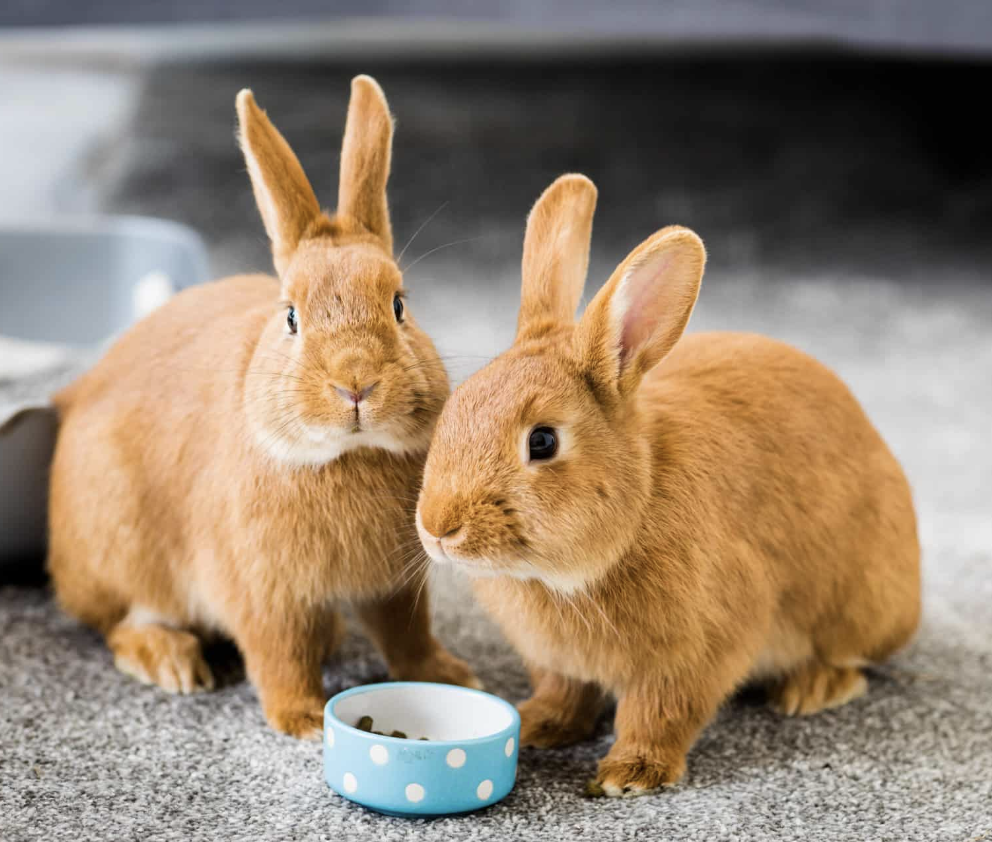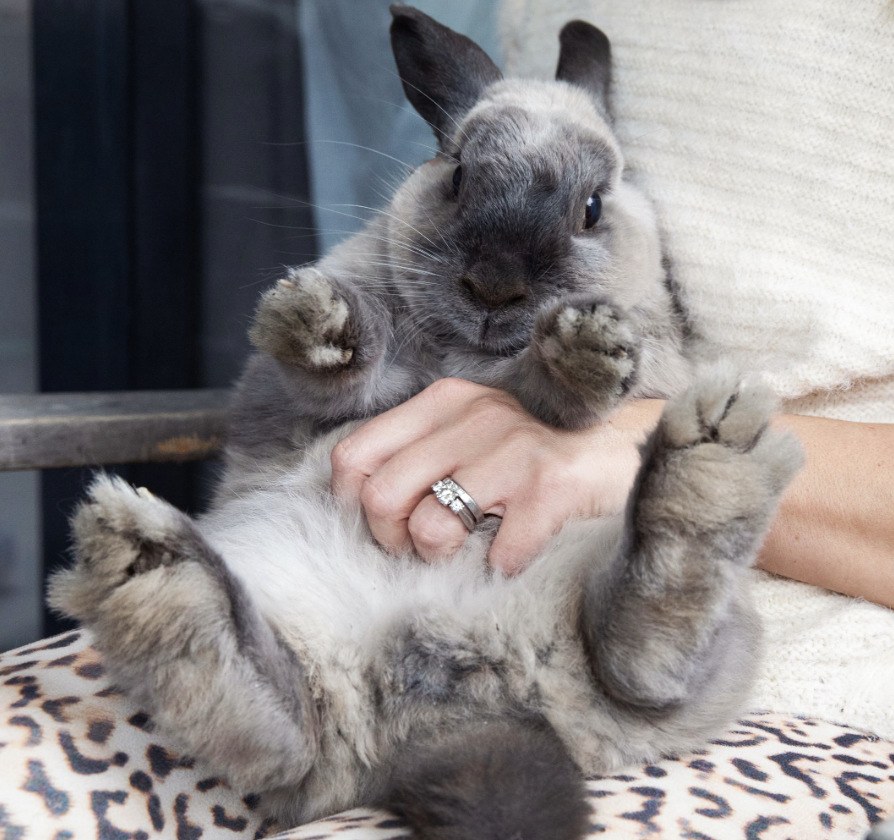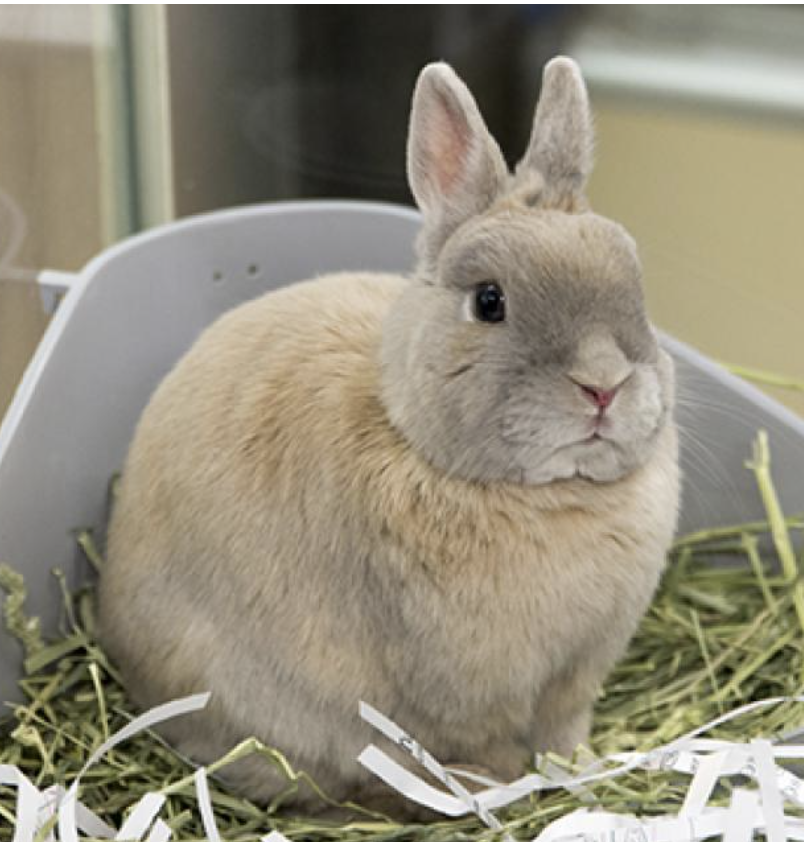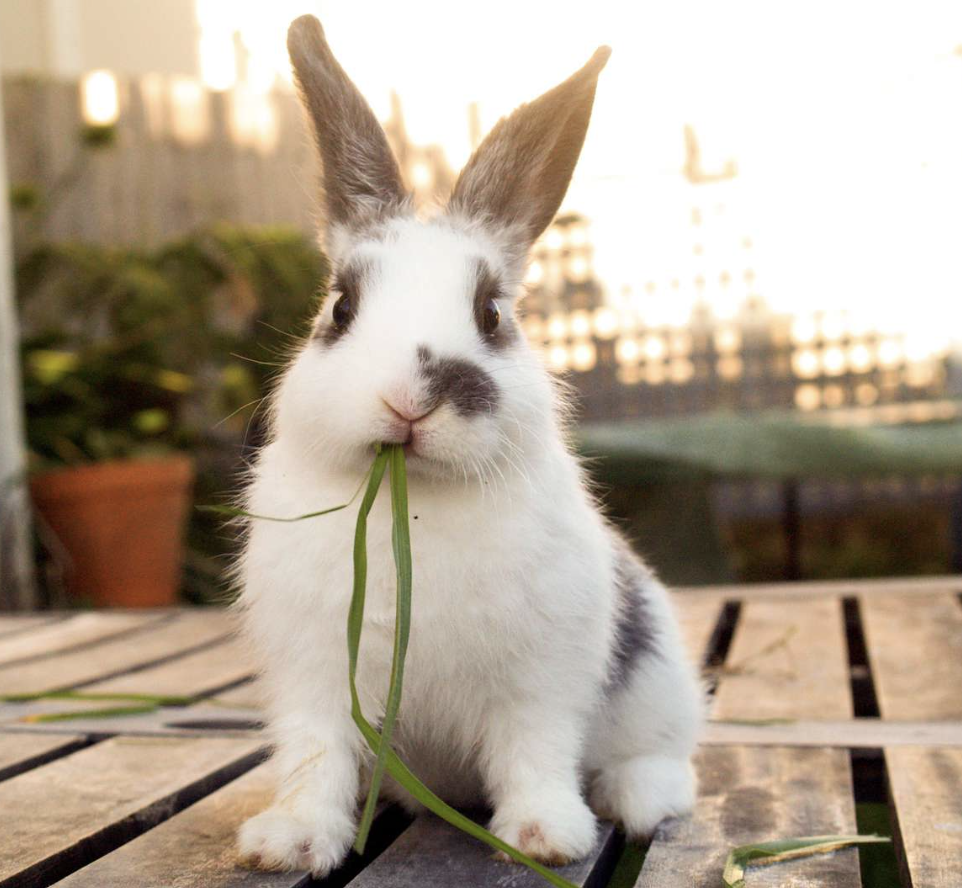Rabbits make wonderful pets, but they require special care to ensure they live happy and healthy lives. From companionship to diet to habitat, here are some top tips for looking after your furry friend.
1. Keep Your Rabbits in Pairs

Rabbits are social animals and thrive when they have a companion of their own kind. Keeping rabbits in pairs allows them to engage in natural behaviors like grooming each other and providing emotional support. While it may require additional space and resources, the benefits to their well-being are invaluable.
2. Understand Their Dietary Needs
A proper diet is crucial for a rabbit’s health and longevity. Their diet should primarily consist of fresh hay and grass, which help maintain healthy digestion and wear down their constantly growing teeth. Supplement their diet with leafy greens and a small amount of rabbit nuggets for balanced nutrition. Avoid feeding them sugary fruits and root vegetables, as these can cause digestive issues.
3. Give Them Space

Rabbits are active animals that need plenty of space to hop, stretch, and explore. Ensure their hutch or cage is spacious enough to accommodate their natural behaviors, with separate areas for eating, sleeping, and using the litter box. Providing ample space encourages physical activity and prevents boredom-related behaviors.
4. Don’t Leave Them Outdoors in Winter Without Preparation
If your rabbits are kept outdoors, it’s essential to winterize their living space to protect them from the cold. Provide waterproof covers and extra bedding to keep them warm and dry during the winter months. Ensure their hutch is insulated and placed in a sheltered area away from drafts.
5. Clean Their Home Regularly

Maintaining a clean living environment is vital for your rabbit’s health and well-being. Clean their hutch or cage at least once a week, removing soiled bedding and disinfecting surfaces to prevent the buildup of bacteria and odor. Check their bedding and litter trays daily and replace them as needed to ensure cleanliness and comfort.
6. Avoid Excessive Movement
Rabbits are sensitive animals that can become stressed by excessive movement and changes to their environment. Minimize unnecessary handling and transportation, especially over long distances. When transporting rabbits, use a sturdy carrier lined with familiar bedding to provide comfort and security. Keep companion rabbits together to reduce stress during travel.
7. Check Them Daily

Regular grooming and health checks are essential for keeping your rabbit happy and healthy. Brush long-haired rabbits daily to prevent matting and remove loose fur. Inspect their nails, teeth, and bottoms weekly for signs of overgrowth, dental problems, or soiling. Address any health concerns promptly to prevent complications.
In conclusion, caring for a pet rabbit requires dedication, patience, and attention to detail. By following these top tips for rabbit care, you can ensure that your furry friend lives a long, healthy, and fulfilling life as a cherished member of your family.
FAQs
1. Can I keep a single rabbit, or do they need a companion? While rabbits can be kept singly, they thrive best in pairs or small groups. Companion rabbits provide social interaction and emotional support, reducing stress and loneliness.
2. What should I do if my rabbit stops eating or drinking? A sudden loss of appetite or decrease in water consumption can indicate a health issue. Contact your veterinarian immediately for guidance and treatment.
3. How often should I take my rabbit to the vet? Rabbits should receive annual check-ups and vaccinations to maintain their health. Additionally, schedule veterinary visits as needed for any health concerns or emergencies.
4. Can rabbits be litter trained? Yes, rabbits can be litter trained with patience and consistency. Provide a litter box filled with rabbit-safe litter and place it in a corner of their living space where they tend to eliminate.
5. Are there any plants that are toxic to rabbits? Yes, several common plants and flowers are toxic to rabbits if ingested. Research rabbit-safe plants and ensure your home and outdoor area are free from potentially harmful vegetation.



